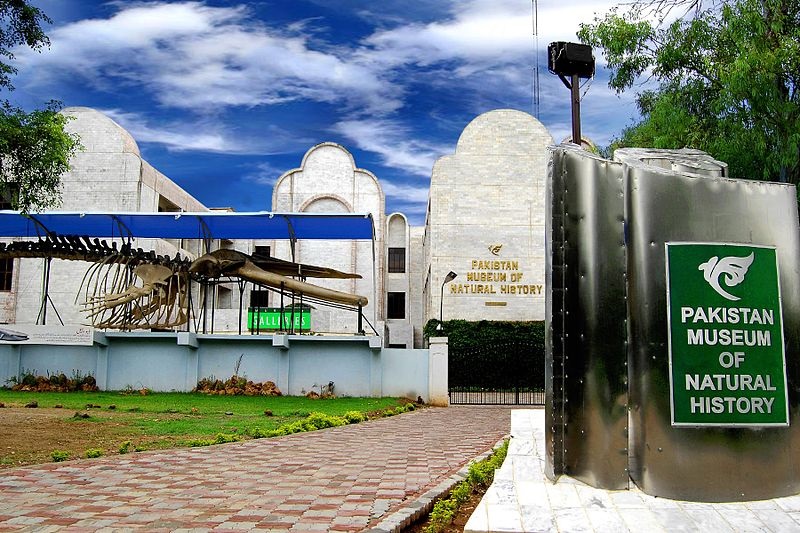Bursary improves cross-CABI collaboration for more effective international development work
A strength of CABI is its work on a global scale addressing global and local problems in agriculture. CABI can rely on its network of experts among various CABI centres, laboratories, project offices in many countries and world regions. To maintain this strength, a CABI Development Bursary was created to aid new experts to visit…
CABI helps Pakistan Museum of Natural History showcase scourge of noxious parthenium weed
CABI in Pakistan is helping the Pakistan Museum of Natural History (PMNH) showcase the scourge of the noxious parthenium weed, otherwise known locally at ‘Gajar Booti’, to members of the public visiting its Bio Gallery exhibit. Parthenium is regarded as one of the major threats to native species, environment and ecosystems in more than 48…
‘Cracking the code’ of woody weed spread with machine-learnt algorithms
A scientific tool which has its principles in early ‘computers’ such as the German WW2 Enigma machine – used to convey secret commercial, diplomatic and military communication – is helping to map the fractional cover of the woody weed Prosopis juliflora across the Afar Region of Ethiopia. PhD Candidate Hailu Shiferaw from Addis Ababa University,…
CABI and IFDC join forces to get soybean film out to farmers in Northern Ghana
By Duncan Sones – from an article which originally appeared on the Africa Soil Health Consortium (ASHC) website Farmers in Northern Ghana are reaping the benefit of village-based film screenings to inform them about agricultural practices. Film screenings are growing in popularity amongst farmers and extension projects, as the technique for sharing information. This is…
Embracing ‘stakeholder interaction’ for better business strategy and integration in Pakistan
Dr Umair Safdar, Development Communications Executive at CABI in Rawalpindi, Pakistan, looks at ‘stakeholder interaction’ for better business strategy and integration in Pakistan through the cluster-based Agricultural Transformation (CDBAT) Project… Stakeholders strongly influence a project’s success, particularly for complex projects with heterogeneous stakeholders. Therefore, understanding their influence is essential for project management and implementation.
‘Switching’ onto ICT approaches to gender in extension services
Duncan Sones, of the Africa Soil Health Consortium (ASHC) delivery team, looks back on six years of concept and project development that could unlock changes in farmer’s ability to effectively access improved technologies… I don’t know about you but when I hear about something for the first time, I rarely take in all the nuanced…
Why it’s hard to teach old dogs new tricks
Dogs, just like humans, can have problems with learning, memory and attention, particularly as they get older. Several tests of cognitive ability in dogs have been used in research with a particular focus on the effects of ageing. What is less well understood is how diseases affect these cognitive abilities. In an article in CAB…
Omega-3 fatty acids – what have we learned?
Animal studies have suggested that a specific fatty acid, docosahexaenoic acid (DHA), plays a role in the development of cognitive abilities. So will taking extra DHA as a child make you cleverer?





